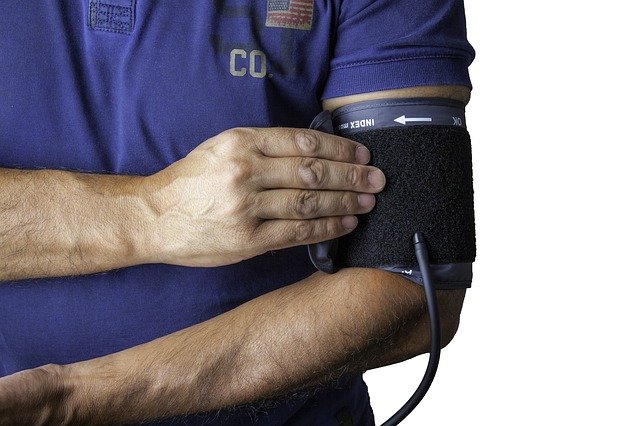Principles of Preventing Medical Errors in Hospitals
Principles of Preventing Medical Errors in Hospitals. Many people have a misconception that principles of preventative medicine are only applicable to preventing certain kinds of disease, which can be devastating.
If we were to believe the medical community, however, there are many other things that can go wrong with medical procedures or medication that could result in serious consequences and even death.
For example, one of the worst problems that can occur is that the practices of some hospitals are such that they fail to properly train their doctors or nurses and even their other health care systems.
If a doctor’s treatment of patients causes their patient to die because he/she was not properly treated by their doctor, then this doctor would likely have committed a medical error.
However, what if a doctor was taught that the patient is well enough to be treated, but just has too much medication or didn’t receive enough attention from the staff? This is where the concept of principles of preventing medical errors in hospitals comes into play.

The first general principle of preventative medicine is that you should treat all patients with respect.
If you are rude to a patient because you don’t know anything about their medical history, it would be unprofessional, as well as unethical.
This includes treating your patients as though they are children or animals – regardless of what they are actually.
Doctors who treat their patients disrespectfully will most likely not treat them well, either – especially when patients are suffering from a health condition.
If a doctor performs medical procedures or medication incorrectly, this could lead to an accident, a patient being severely injured, or even death.
In fact, in many cases, the mistake would be caused by something the doctor did on the initial visit, such as not consulting with the patient before performing the procedure, or administering too much medication to a patient who shouldn’t have needed so much medication.
While it may be tempting to assume that this is all that is happening, in reality, these kinds of medical errors are often caused by the fact that the doctor failed to ask enough questions or didn’t listen to his/her patient carefully enough before giving them the medication.
Another of the most common errors is prescribing medication for a patient who is in need of more than the recommended dose. Many patients who do not follow their doctors’ orders end up having to get prescriptions from a different doctor.
Although this could mean that you’re suffering from a condition that is not so severe, this could also mean that you could end up being put at risk for side effects of medications, which could be harmful to your health and even cause death.
Medical errors are the number one cause of death in the United States. There have been many instances when people died after being given potentially deadly medications by doctors who were unaware of their side effects.
For example, a woman recently died in an Alabama hospital after the doctor failed to remove a clot that had developed in her lungs – without first checking for any complications. This story is unfortunately not uncommon and many other similar incidents have occurred around the country over the past decade.

